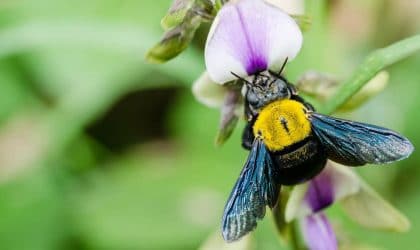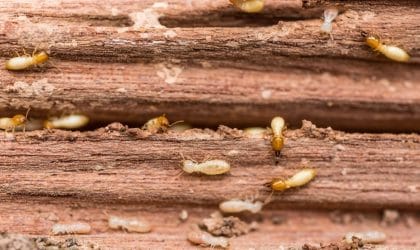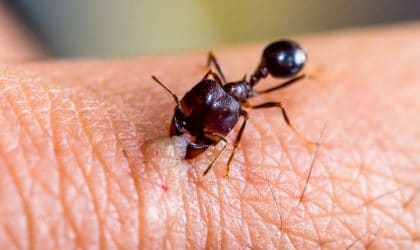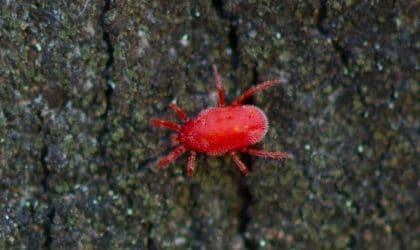Mosquito vs. Spider Bite – How Tell Their Bites Apart
Want to know the difference between mosquito bites and spider bites? In this short guide we teach how to tell the two bites apart, and the basics of treating each.
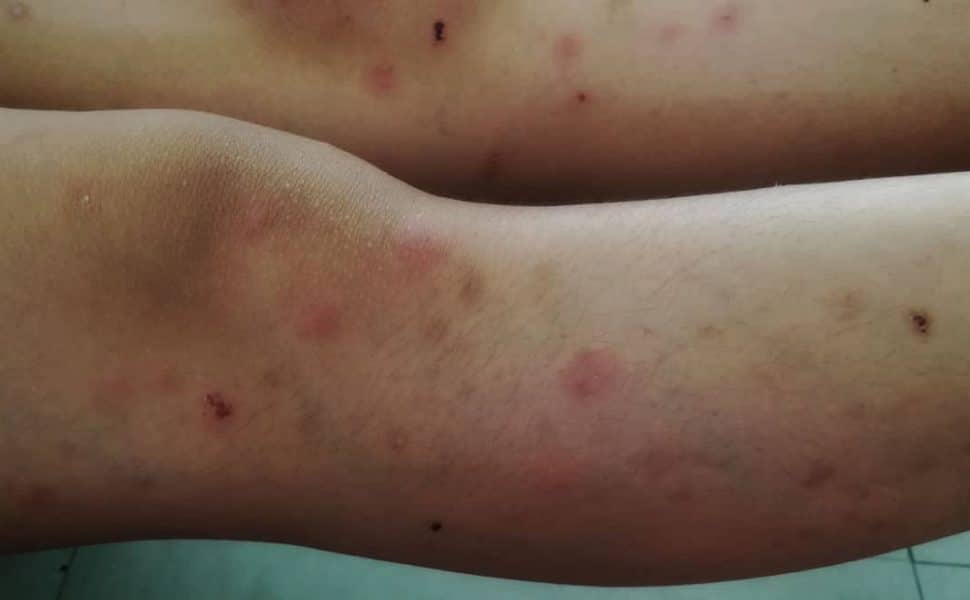
A lot of insects bite. But two of the worst biters of all time are probably mosquitoes and spiders, both far more noticable than something like a water bug bite.
These bugs are notorious for giving people problems, specially during their sleep. But what if you just woke up one day and got red marks on your arms, could they be from mosquitoes or spiders?
How can you tell one bit from another? Do you treat the bites differently?
Check out our mosquito vs. spider bite guide to learn which of these bugs bit you, so you know which treatments to use and how to deal with the issue.
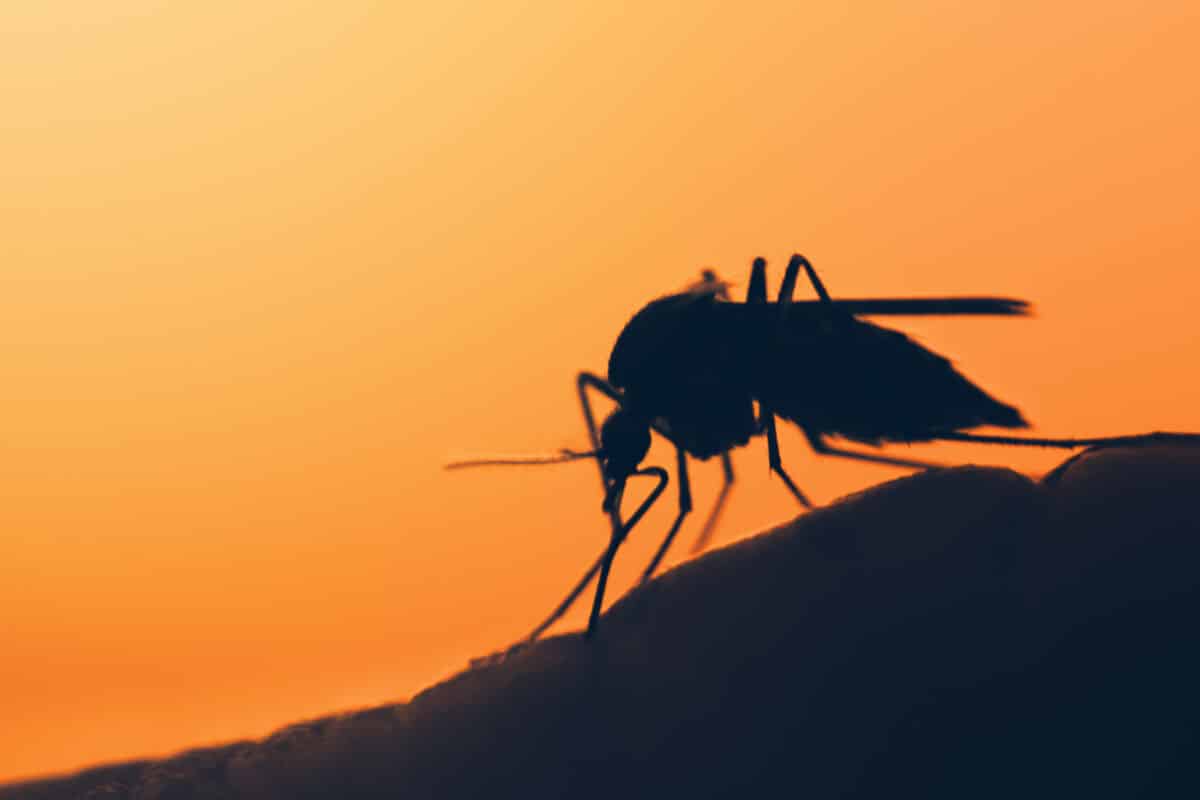
Differences in Appearance
When you’re dealing with bites, the first thing that you should do is to examine it closely. Look at its color and its shape. And see if it fits any of these descriptions.
Mosquito bites are small flat bumps. They appear lighter than your normal skin color, and they aren’t always circular, looking more like misshapen welts that have little curved tails on the side.
You might also notice that these bites grow, becoming larger and flatter before finally disappearing. This is normal. It tells you that the body has successfully regained control on that region of your skin.
Meanwhile, spider bites aren’t as simple as those disappearing welts. Depending on the type of species that got to you, the skin damage can range from a typical swelling to something that looks like it just came out of a horror movie.
For example, a Jumping spider’s bite is like a wasp’s sting, red, swollen and painful while the damage done by a Brown Recluse Spider can lead to a huge gaping hole on your skin as documented by this recent case with a famous singer. This is why it’s important to keep the Brown Recluse away from your home.
But if there have to be indicators, remember that a spider’s bite generally has major swelling, damaged skin and a huge red or brown patch.
Differences in How They Feel
As we’ve mentioned in our previous post, mosquito bites are devilishly itchy. But they’re only like this for a short period of time. If the bite isn’t infected or laced with some type of disease, it usually just disappears within a couple of minutes.
In contrast, a spider’s bite spells trouble. To help you in identifying it, here’s a list from Healthline that you can follow. Try to listen to your body, and see if you have some of these symptoms.
- rashes
- muscle pain
- pain around the bite mark
- excessive sweating
- anxiety
- headache
- red or purple blisters
- fever
- breathing difficulty
- high blood pressure
- swollen lymph glands
- nausea
- vomiting
- chills
How to Treat Mosquito and Spider Bites
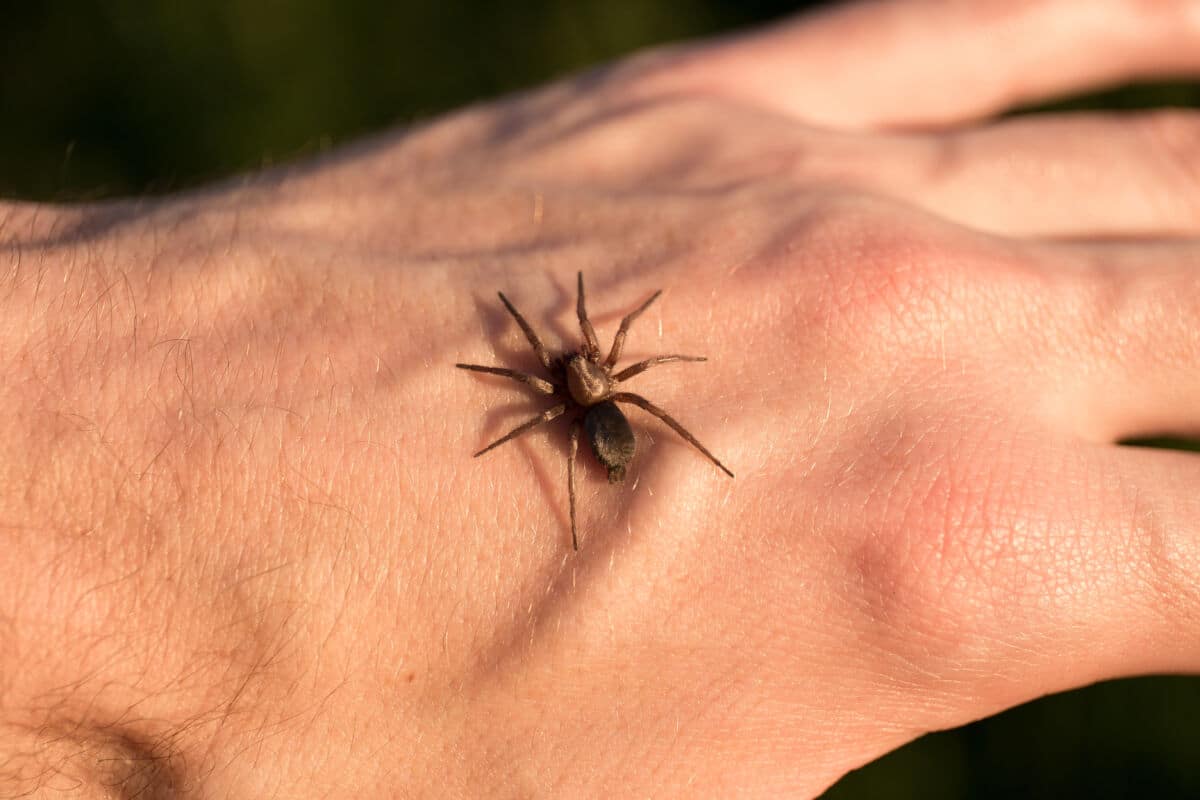
Once you’ve identified the bite, it’s best to take care of it right away, especially if it’s from a spider’s. Here are some tips that can help you in dealing with it.
For mosquito bites:
- Unlike ticks or spiders, they’re basically harmless.
- Unless you’re feeling symptoms like nausea and a fever, you don’t have to do anything drastic to the bite.
- Rub salt or baking soda directly unto the bite. This automatically stops it from itching.
- Calamine lotion is a go-to for adults and older kids, but not for babies and people with sensitive skin.
- For milder treatments, use ice, tea bags or honey.
For spider bites:
- The first thing that you absolutely need to do is to calmly locate the spider that bit you. We’re not saying to go overboard and turn your room upside down. But try to search wherever you were when you were bitten. Knowing the kind of spider that did that to you is your key into figuring out how you can best deal with the bite.
- If you’re unsure of the spider that got to you, visit the doctor right away. Black widows and Brown recluse spiders are known to have toxins that can endanger lives. No home treatment can save you from bugs like these.
- Clean the bite mark to prevent infection.
- Take an antihistamine to stop the itching and any further allergic reaction.
So spider bites are quite life-threatening. But that doesn’t mean that the ones made by mosquitoes aren’t. They’re just in a league of their own. So it’s safe to say that in the realm of mosquito vs. spider bite – they differ in a lot of aspects, but the dangers are the same.
Share this post
Save time and money on pest control
Subscribe to expert DIY pest control tips, pest control product reviews and information.

